FTC GOP Nominees, NTIA Seeking BEAD Guidance Comments, FCC Opens Fabric Challenge Round
The nominees are intended to replace Republican commissioners who left their positions.
Quinn Nghiem
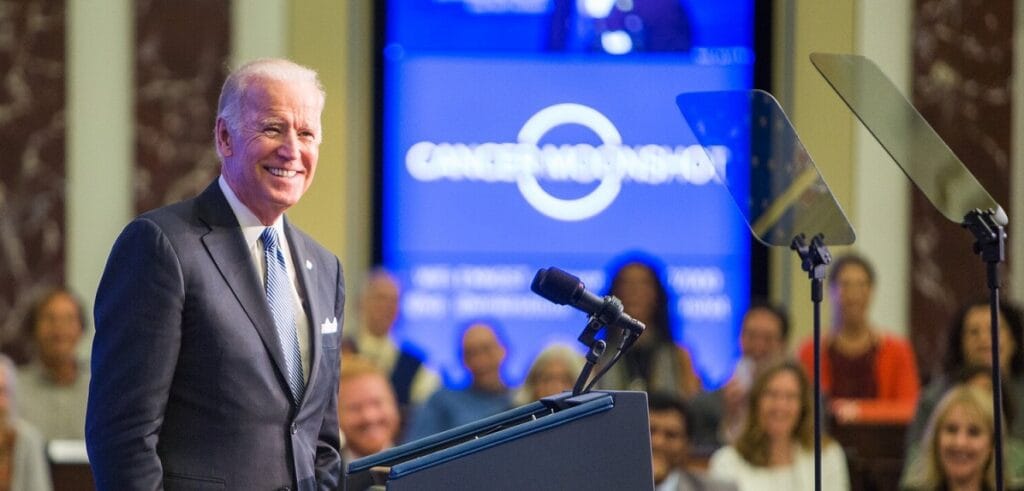
July 5, 2023 – President Joe Biden announced Monday two Republican nominees, Virginia Solicitor General Andrew Ferguson and Utah Solicitor General Melissa Holyoak, for commissioners on the Federal Trade Commission.
In a statement addressing the president’s nomination, FTC Chairwoman Lina Khan expressed her welcome to the two nominees, saying they would “bring key skills, experiences, and expertise to the Commission.”
Ferguson was chief counsel to U.S. Senate Republican Leader Mitch McConnell, then-Judiciary Committee Chairman Lindsey Graham, R-SC, and then-Judiciary Committee Chairman Chuck Grassley, R-IA.
Holyoak previously worked at Hamilton Lincoln Law Institute, a D.C.-based public interest firm, as well as the Competitive Enterprise Institute, the Center for Class Action Fairness, and O’Melveny & Myers LLP.
The FTC, an agency responsible for upholding fair competition and safeguarding consumer interests, is presently led by a Democratic chairwoman along with two Democratic commissioners, Rebecca Kelly Slaughter and Alvaro Bedoya.
Two Republican vacancies have emerged following the resignations of Christine Wilson and Noah Phillips. Both have expressed concerns about the agency’s overall direction under the leadership of Khan, saying the agency has veered away from its traditional approach to competition and emphasizing a lack of discussion and compromise.
NTIA consulting on allowing certain entities to make profit on BEAD use
The National Telecommunications and Information Administration put out Wednesday a request for comments to tailor its guidance for the Broadband Equity, Access and Deployment program, including allowing certain entities to make a profit on builds.
Introduced in 2013 by the Office of Management and Budget, the “uniform guidance” is a comprehensive set of guidelines intended to assist agencies in effectively managing federal funding for non-federal entities and outlines the proper use of these funds by recipients.
Under the existing mandate, certain recipients are only permitted to use program income to cover direct business expenses and are not allowed to retain it as profit. According to the notice, several stakeholders have requested the NTIA to consider exemptions from this provision to enable entities including non-profit organizations, to generate profits from the investments. They argue it would foster competition and encourage broader participation in the program, particularly in unserved and underserved areas where a lack of favorable return on investment has been a major barrier to the infrastructure buildouts.
They argue modifications or waivers of those provisions would increase competition and create incentives for providers to participate in the program. Comments are due August 4, 2023.
The uniform guidance has been applied to several NTIA programs such as the Broadband Infrastructure Program, Tribal Broadband Connectivity Program, and the Middle Mile Grants Program “without significant oppositions,” read the notice. However, the NTIA said the BEAD program differs from prior federal broadband funding programs and requires “unprecedented effort” to maximize provider participation.
Earlier in March, the Treasury Department also announced new proposed guidance allowing recipients of the Capital Projects Fund and the State and Local Fiscal Recovery Fund to deviate from the Uniform Guidance due to cost concerns.
FCC opens challenges for June broadband fabric
The Federal Communications Commission has begun accepting challenges Monday to the June 2023 edition of the Broadband Serviceable Location Fabric, which serves as the foundational data for the broadband map guiding federal broadband funding allocations.
The notice requires entities to submit challenges by September 8, 2023 for data to be assessed and included into the December iteration of the fabric. Any challenges received after the deadline will be reviewed on an ongoing basis and likely included into the next version of the map, read the document.
The commission’s Broadband Data Task Force also announced on the same day the opening of the Broadband Data Collection filing, the FCC’s primary mechanism to collect broadband data. After the window is open on July 3, internet service providers are required to submit subscribership and internet availability data before September 1, 2023.
The broadband availability map and its underlying fabric dataset have undergone multiple updates to reflect accurate information on unserved and underserved internet locations. This notice regarding the data collection process closely follows the White House’s recent announcement on June 26, which disclosed the allocation of BEAD funding to all 50 states and territories.


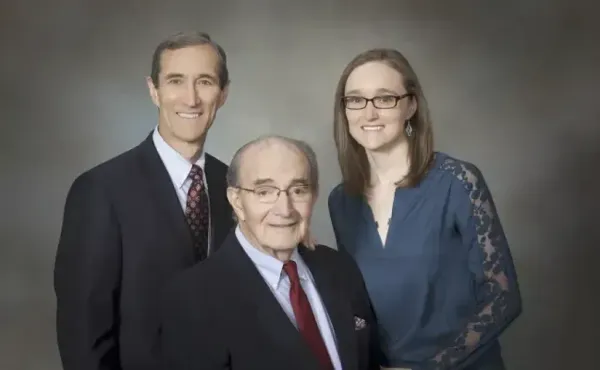
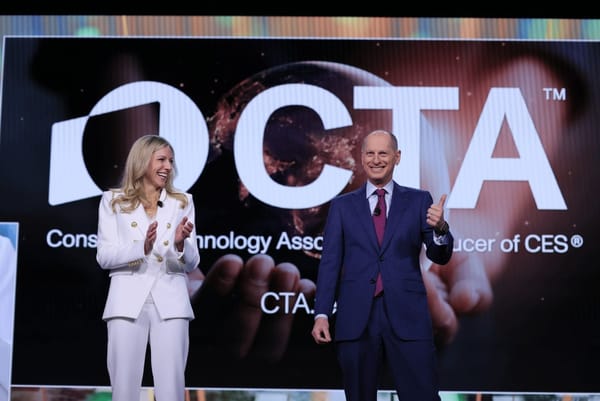
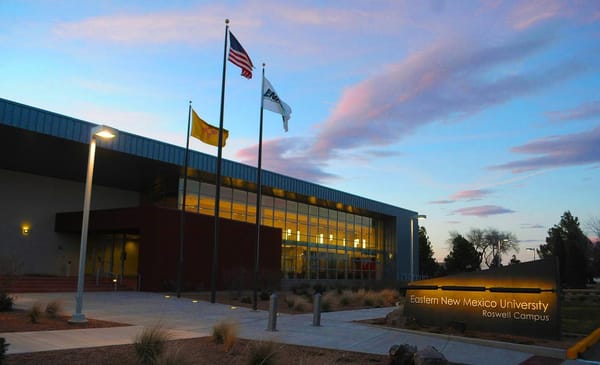
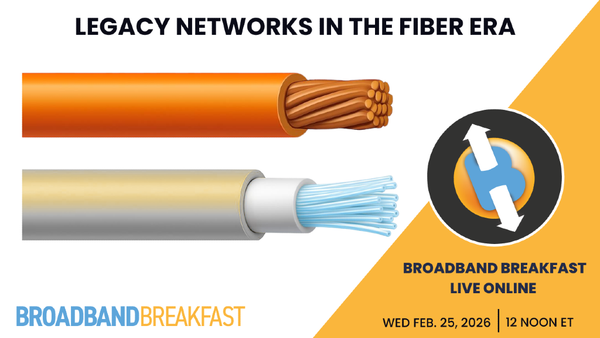
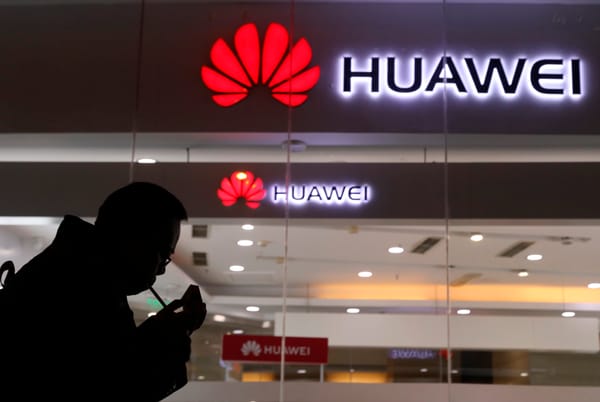




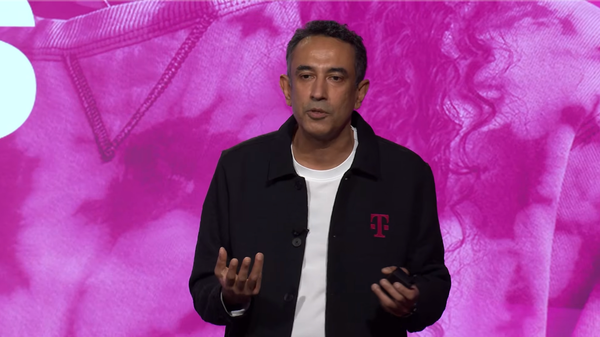
Member discussion